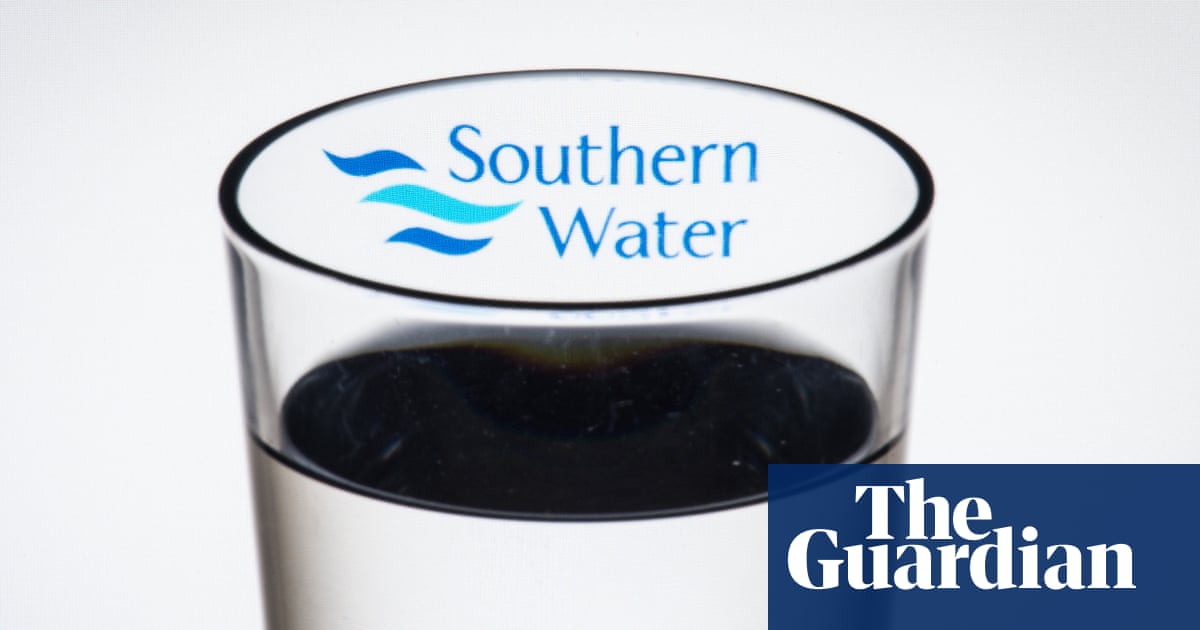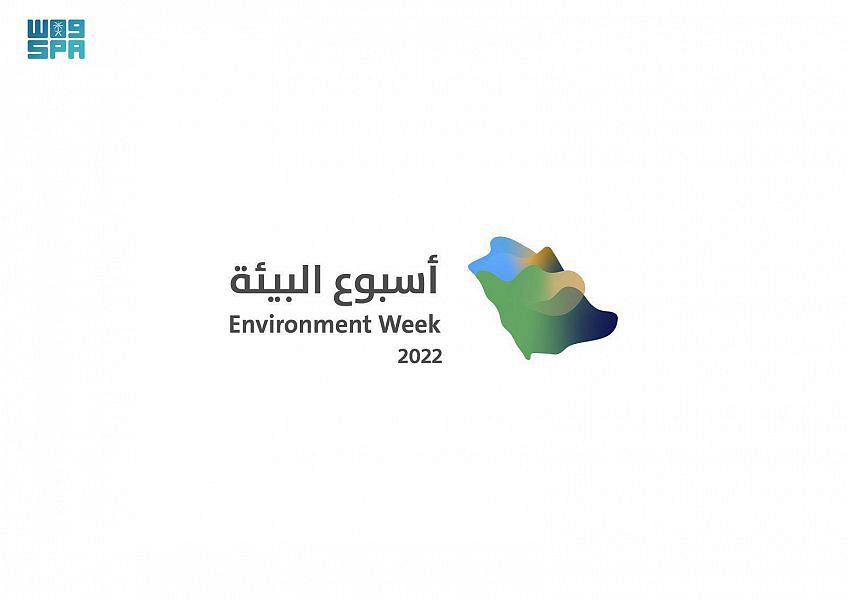
A former chief of the environment watchdog has defended his move to take up a senior position at a water company that is under investigation by the regulator.
Toby Willison has taken a leading role at Southern Water, which this summer is due in court for sentencing after admitting dumping poisonous, noxious substances including raw sewage. The case followed a criminal investigation by Willison’s former employer, the Environment Agency.
A separate criminal inquiry by the EA into Southern Water is ongoing.
But Willison, who has been director of operations and acting chief executive at the EA, said he saw no conflict of interest in his move to the water company, which in 2020 discharged raw sewage into waterways over 197,213 hours.
“I spent nearly 20 years at the Environment Agency working across a full range of business sectors,” said Willison. “What was crystal clear to me is that those industries that better understand our regulators and the regulated environment are the ones that perform best.
“What I could see from the Environment Agency was that actually Southern Water was a business that was in the midst of transforming and on the cusp of really shifting its environmental performance, and I thought it was a very good move for the environment, a good move for me and a good move for Southern, so there were benefits all round.”
Willison said his role at Southern Water as natural capital and environment director will see him tackle the twin threats of climate change and population growth on the water and sewerage system. The issue of storm water discharges by water companies of raw sewage into rivers and coastal waters has become a growing public concern. In 2020, Environment Agency data shows water companies discharged raw sewage into rivers and coastal waters more than 400,000 times over 3.1m hours.
Population growth and higher rainfall mean discharges could increase over the years unless measures are taken to tackle the issue.
Willison said he was undertaking a forensic examination of storm overflows owned by Southern Water, which serves Hampshire, the Isle of Wight, West and East Sussex and Kent.
Nearly all – 98% – of storm overflows in the Southern region have been fitted with monitors to measure the number and length of discharges. Monitors do not, however, measure the volume of effluent released.
“What this enables us to do is to really understand duration and event numbers and potentially where harm may be occurring and then to target our investment at the activity. It will be a forensic and detailed study,” said Willison.
He committed to publishing the investigation once it was completed.
Willison said Southern had set aside £5m as an environmental fund, some of which would be used to work with partners to deliver “novel nature-based” solutions to reduce the reliance on storm overflows.
The government has committed to publishing by September 2022 a plan to reduce sewage discharges from storm overflows, and has placed a legal duty on water companies to publish data on storm overflow operation annually.
Southern Water is due to be sentenced at Canterbury crown court in July after pleading guilty to deliberately dumping “poisonous, noxious substances” including raw sewage into rivers and coastal waters in tourist locations over five years.
The charges were brought by the Environment Agency as part of a criminal investigation. The company admitted 51 charges of breaching pollution laws between 2010 and 2015. Each charge covered months of discharges into rivers and coastal waters from 17 different plants.
Another investigation is ongoing by the EA into discharges after 2015. Southern Water was given a record £126m penalty in 2019 by Ofwat, the financial regulator for the water sector, over “shocking” failures at the company’s sewage treatment sites that polluted rivers and beaches in southern England.











